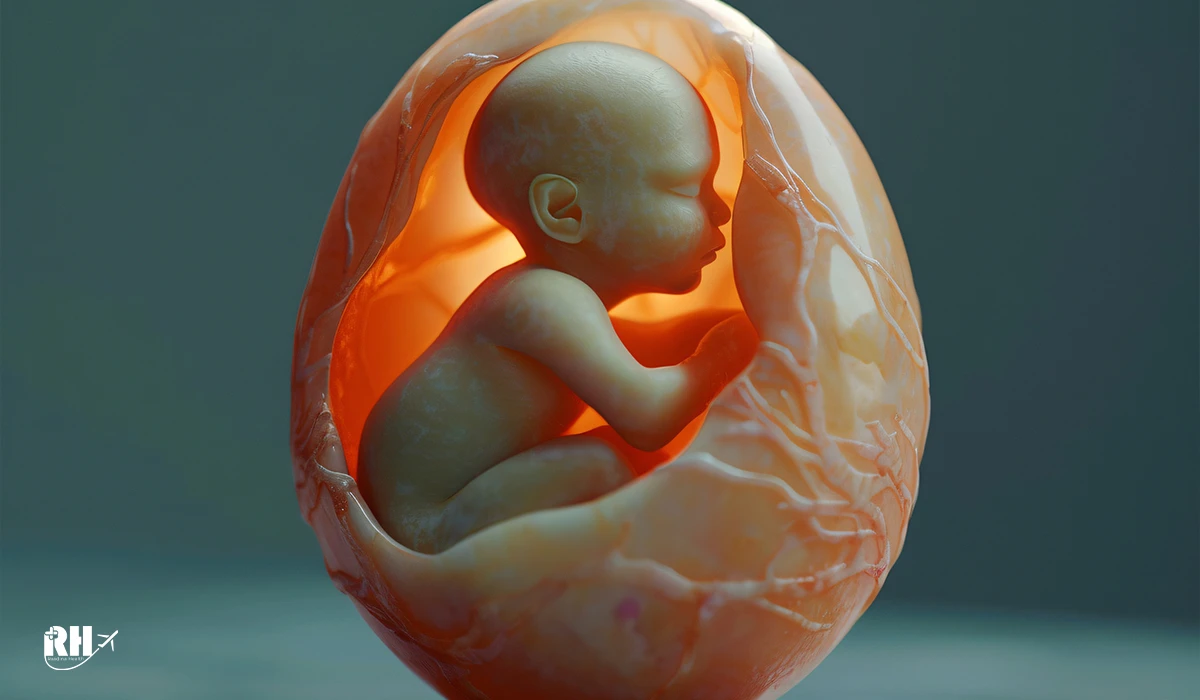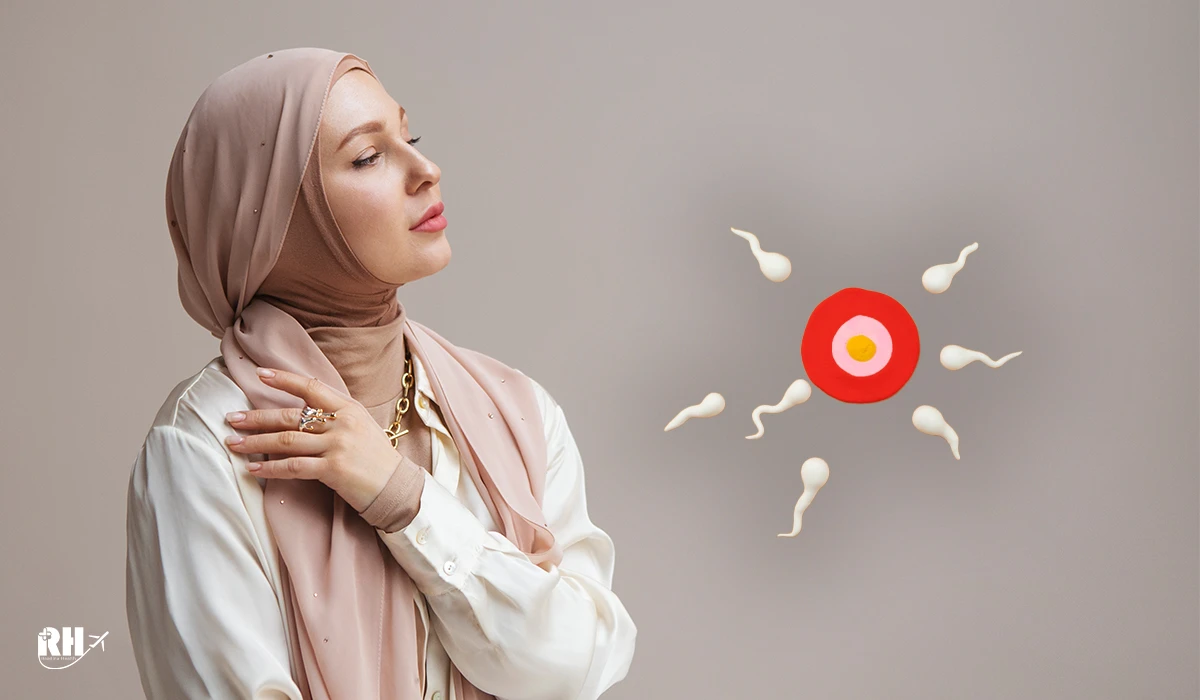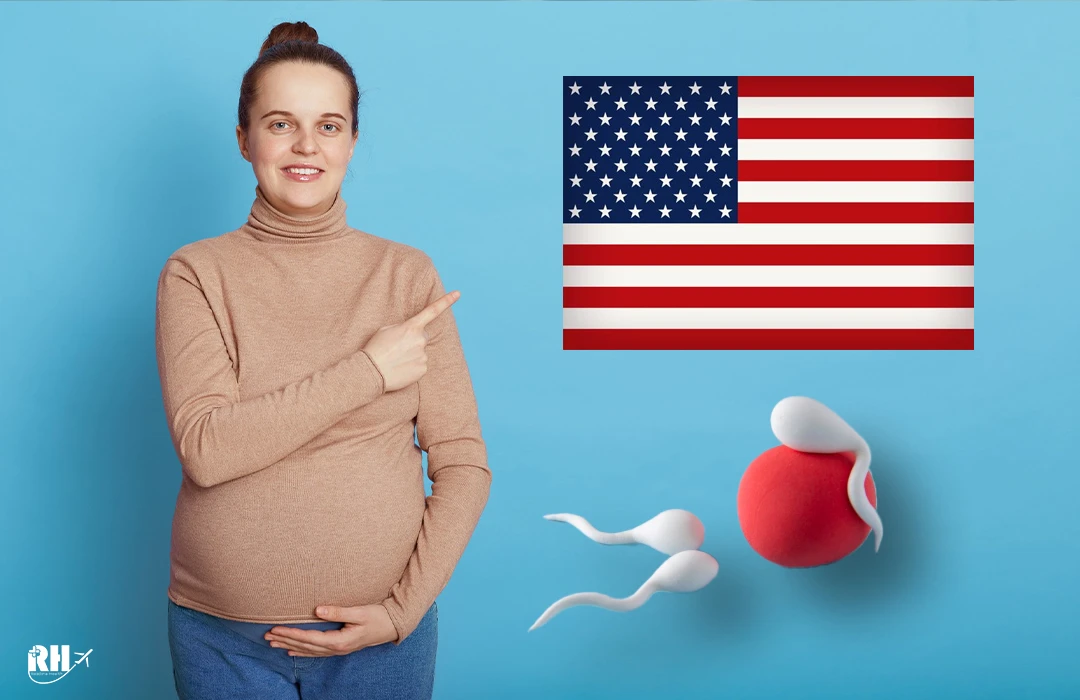Gender reassignment surgery is a multi-step process that includes psychiatric evaluations, hormone treatments, and ultimately specialized surgery to align the genitals with the person’s desired gender. The cost of this procedure will vary depending on the type of surgery, the treatment center, and the need for additional procedures. Postoperative care, such as medical follow-up, wound care, and hormone regulation, also play a decisive role in the final result. This article thoroughly reviews the procedure, approximate costs, and important pre- and post-surgery care.
Receiving donor eggs is an infertility treatment that offers many benefits, including increased chances of pregnancy and the possibility of having a healthy child. However, the procedure may also have disadvantages, including medical risks, the need for psychological and social evaluation, and some legal concerns. Knowing the pros and cons helps couples make an informed and appropriate decision.
In the egg donation method, the baby receives its genetics from the egg donor mother and the genetic father, and the recipient mother plays the role of a carrier. This means that the baby is not genetically identical to the recipient mother, but all the care and communication during pregnancy is carried out by her. This article fully explains the genetic differences and the role of each parent in the egg donation.
Currently, infertility treatment using donor eggs is one of the modern methods that increases the probability of pregnancy to over 85 to 90 percent. This method has received significant attention in Iran and many countries worldwide and is performed in numerous infertility treatment clinics. This method is carried out in two ways: using fresh eggs or frozen eggs, each having its own specific features. Furthermore, the success rate of this method depends on various factors. Join us to fully familiarize yourself with this topic.
Choosing the right country for egg donation is an issue that many couples face when undergoing infertility treatment. Differences in laws, the quality of medical services, and costs make the decision-making process non-trivial. This article introduces countries that, in terms of facilities, legal clarity, and financial conditions, can be suitable options for receiving donated eggs.
In Iran, the use of egg donation has been accepted as one of the methods for treating infertility, but it comes with specific conditions and regulations. Religious and jurisprudential laws play an important role in this field, and treatment centers operate within this framework. In this article, we have reviewed the legal requirements, religious considerations, medical stages, and also the costs related to egg donation in Iran.
Today, IVF and egg donation are new hope for couples who are unable to conceive naturally. In this method, eggs from a healthy donor are combined with sperm in a laboratory and then transferred to the uterus of the recipient woman. This new method offers a high chance of pregnancy and is considered the best option, especially for women with poor ovarian quality or reserve.
Egg donation in Islam is a subject that is not generally forbidden, but may be different under specific circumstances and according to the opinions of religious authorities. This article examines the key religious, legal, and ethical aspects of egg donation. The purpose of this article is to help couples make a clearer and more informed decision.
In India, egg donation is a common infertility treatment, but it is carried out under strict regulations and under the supervision of reputable medical centers. Donors must meet certain medical and psychological criteria, and any commercial activity in this field is limited and controlled. In this article, we will examine the laws, medical procedures, donor requirements, and restrictions related to egg donation in India to provide applicants with a clear and comprehensive view of the process.
The United States is one of the countries where egg donation is legal and supervised by reputable fertility centers. Clear laws, high medical standards, and extensive facilities have made the United States a well-known destination for couples seeking this infertility treatment. In this article, we will examine the conditions, steps, costs, and restrictions related to egg donation in the United States.
/1_1764824821_main.webp)

/991_1764054618_main.webp)

/94_1763793324_main.webp)




